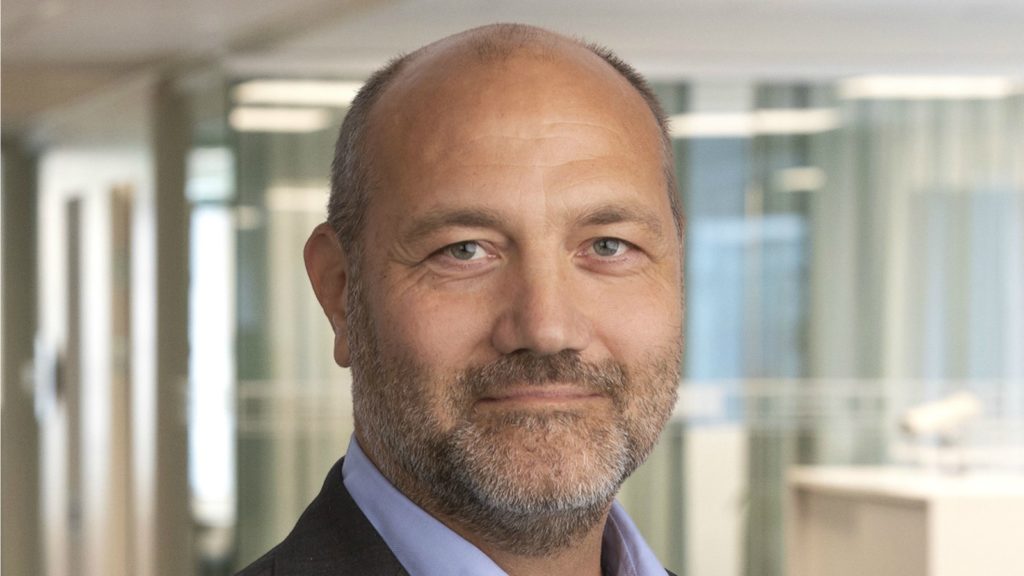Swedish furniture group Nobia reported net sales declined by 19% to SEK 3,050m (3,780) in its year end report for 2023.

It stated the kitchen market had declined “significantly” during 2023, following a period of high inflation, increased interest rates, and “substantially” lower housing construction activity.
As a consequence, Nobia said consumers were less confident and more hesitant to invest in capital goods, such as new kitchens.
Sponsored Video
Demand from project customers had also declined, due to fewer housing construction starts, but had held up better than consumer sales due to the longer lead time between order and delivery.
Its gross margin increased to 35.1% (33.4) while gross profit decreased to SEK 1,072m (1,261). Operating profit improved to SEK -75m (-131).
Npbia reported price increases and restructuring savings had a positive impact, however these were offset by the impact of lower sales volumes. Restructuring savings were SEK 90m.
The Nordic region declined organically by -25% (-1), the UK region by -21% (5), and Portfolio Business Units by -13% (6).
Net sales in the UK decreased to SEK 1,001m (1,196), following lower demand and the ongoing exit of unprofitable parts of the project business.
The gross margin improved to 45.2% (40.2) and the operating loss was reduced to SEK -25m (-72).
Operating profit was supported by price increases and cost reduction measures, as part of its ongoing transformation program.
Changes in exchange rates impacted by SEK -5m.
In January and February 2024, Nobia carried out measures to strengthen its balance sheet, and increased focus on its core Nordic and UK operations.
These included the sale and leaseback transaction of its Jönköping factory property for SEK 1,350m, sale of Bribus in Netherlands and ewe in Austria, a rights issue proposal and amendment and extension of credit facilities.
Commenting on the financial results, Nobia CEO Jon Sintorn stated: “We executed multiple strategic initiatives during 2023 that will benefit us going forward.
“We remained profitable at the operating profit level excluding items affecting comparability, despite very tough market conditions and currency headwind, and we have improved the gross margin in all three regions.
“We also made the strategic decision to focus on the core Nordic and UK markets, leading to divestments of non-core operations in the Netherlands and Austria.
“Our strategic initiatives focus on maximising cost efficiency, realizing the full potential of the Nordic region, and continuing to execute the UK transformation program.
“The cost reduction program, launched early in 2023, continues to yield significant savings and was a strong contributor to the positive operating profit in the quarter, despite a 22% drop in sales.
“The gross margin was higher for the group as well as in all regions.
“Cost reductions, a slight decline in direct material prices, and price increases all contributed to the improvement.
“We are coming closer to the finalisation of the Jönköping factory, which is to be fully operational by the end of the year.
“It is expected to enable several competitive advantages, such as digitalised order flow from order to delivery, highly automated mass-customised production, higher service levels, and shorter lead times.
“We are also harmonising our Nordic product ranges and processes and are, at completion of the Jönköping factory, at a point when we can realise scale and efficiency synergies that were not possible before.
“We are expecting the factory to positively affect our Nordic EBITDA margins by approximately 3.5 percentage points with additional potential from increased volumes.
“In addition, the new factory gives us opportunities to further optimise the Nordic manufacturing footprint.
“The UK transformation program continues to progress well. Our local management team in the UK is driving a shift towards becoming a focused mass premium leader.
“Cost savings and restructuring measures are showing positive effects with, for example, a more attractive product mix, an increased average order value, and a clear gross margin improvement.”
He continued: “We will continue to drive further improvements, for example, by adding asset-light distribution models, at the same time as we focus our own store footprint.
“This is a capital-efficient way to increase our distribution reach, which also makes us more agile in the front end and less volume-sensitive.
“We have recently reached an agreement for a shop-in-shop concept in partnership with Selco, a leading UK builders merchant.
“Market conditions remain challenging and sales declined by -22% in the quarter, with even more pronounced decline in volumes.
“But, there are some positive signs and the decrease in order intake seems to start flattening out.
“We expect some stabilisation in 2024 and the market to start recovering in 2025, lead by the consumer segment.
“However, considering the lag between order and delivery, the coming quarters will continue to be challenging.
“We will continue to work relentlessly on protecting our earnings, executing our strategic initiatives, as well as ensuring that we are ready to capitalise on opportunities when market demand returns.”
CEO of Nobia Jon Sintorn has announced his resignation and will leave his current role for a position as a CEO of another company.
According to Nobia board of directors the recruitment of a new CEO is “well” progressed and it has the ambition to announce a replacement in the near future.



